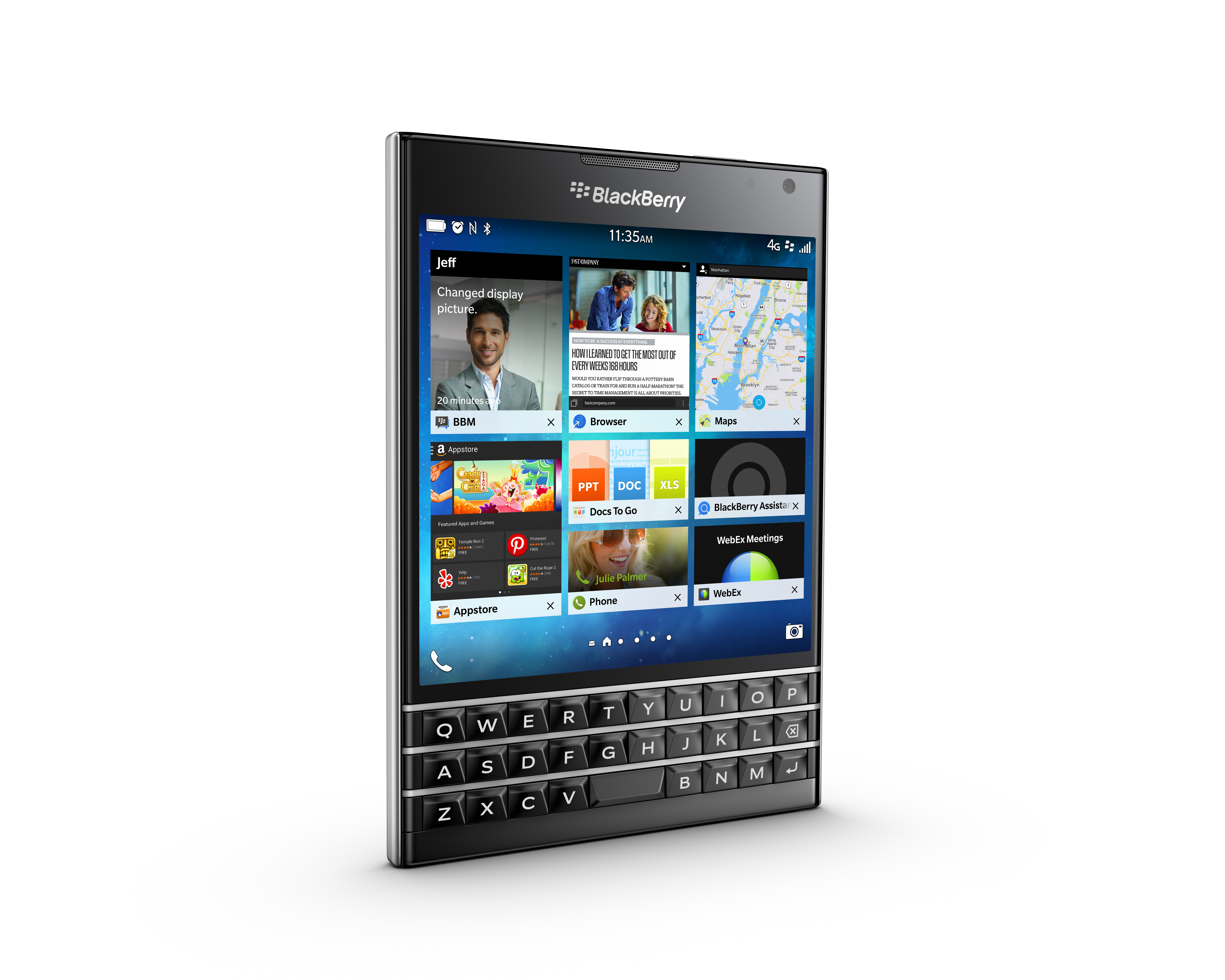Telecom & Wireless
Why BlackBerry Is Wasting Its Money on a Buyback Now
Published:
Last Updated:
Buyback plans are often a useful tool for companies to return value to shareholders or to keep a stock price up. However, in the case of BlackBerry Ltd. (NASDAQ: BBRY), it may not be the most prudent decision. The struggling company announced that its board of directors authorized a share repurchase program to purchase for cancellation up to 12 million BlackBerry common shares. This is listed as being roughly 2.6% of the outstanding public float.
BlackBerry said in its release that it has not repurchased any of its outstanding securities within the past 12 months. At the annual shareholders meeting on June 23, BlackBerry will present for approval a new employee share purchase plan and a proposed increase in the number of shares available under BlackBerry’s equity incentive plan.
John Chen, executive chairman and chief executive of BlackBerry, explained the buyback:
The purpose of this repurchase program will be to offset dilution that may result from our proposed employee share purchase plan and from proposed amendments to our equity incentive plan. We intend to take advantage of our strong cash position to purchase our shares when the market price does not reflect what we view to be the underlying value and future prospects of our business, without adversely affecting our strategic initiatives.
ALSO READ: 10 Stocks to Own for the Next Decade
BlackBerry could theoretically make this buyback five times larger without considering what that might do to its credit metrics, but it seems that this effort would not make much of a difference to Blackberry is now. As much as buybacks are important for returning capital to shareholders and positive for increasing the company’s value per share, sometimes it is better for companies to hoard cash for rainy days — and BlackBerry has had its share of rainy days. In the opinion of 24/7 Wall St., the company needs to conserve its cash for potential losses that it could potentially suffer in the future or for selective opportunities that could bolster its turnaround efforts.
At the end of its 2015 fiscal year, the company reported $2.89 billion between its cash and cash equivalents and its short-term investments. Of course, that is not knowing if certain parts of the short-term investments are spoken for. The raw cash and cash equivalents portion of that total was listed as $1.23 billion. The company has a market cap of $5.4 billion.
At current prices, this BlackBerry buyback would come to almost $130 million of its common shares. The buyback represents close to 10% of the cash amount and represents less than half of the total combined liquidity of its cash and cash equivalents mixed with its short-term investments.
Shares of BlackBerry closed Thursday up 1.6% to $10.27, in a 52-week trading range of $7.16 to $12.63. In Friday’s early trading indications, the shares were up an additional 2.4% at $10.52. The stock has a consensus analyst price target of $9.19.
Again, BlackBerry’s effort would be welcomed by most companies. Most companies just are not fighting for relevance in the future in the same way that BlackBerry is.
ALSO READ: Cowen’s 3 Top Picks in Telecom and Data Services
Start by taking a quick retirement quiz from SmartAsset that will match you with up to 3 financial advisors that serve your area and beyond in 5 minutes, or less.
Each advisor has been vetted by SmartAsset and is held to a fiduciary standard to act in your best interests.
Here’s how it works:
1. Answer SmartAsset advisor match quiz
2. Review your pre-screened matches at your leisure. Check out the advisors’ profiles.
3. Speak with advisors at no cost to you. Have an introductory call on the phone or introduction in person and choose whom to work with in the future
Thank you for reading! Have some feedback for us?
Contact the 24/7 Wall St. editorial team.